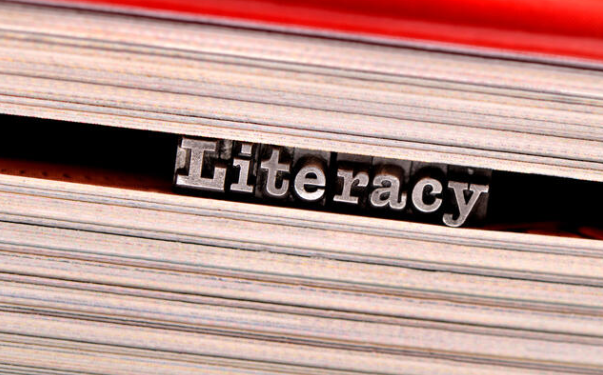Developing Critical Literacy Skills in Students
Critical literacy skills are essential for students in today’s information-rich world. These skills enable students to analyze, interpret, and question the texts they encounter, helping them make informed decisions and participate fully in society. This blog post explores strategies for developing critical literacy skills in students, with examples of how these strategies can be effectively … Read more
